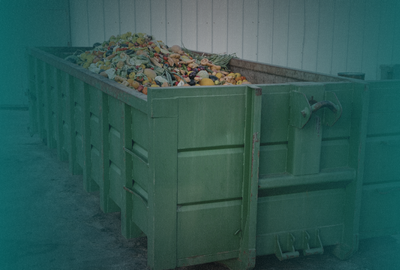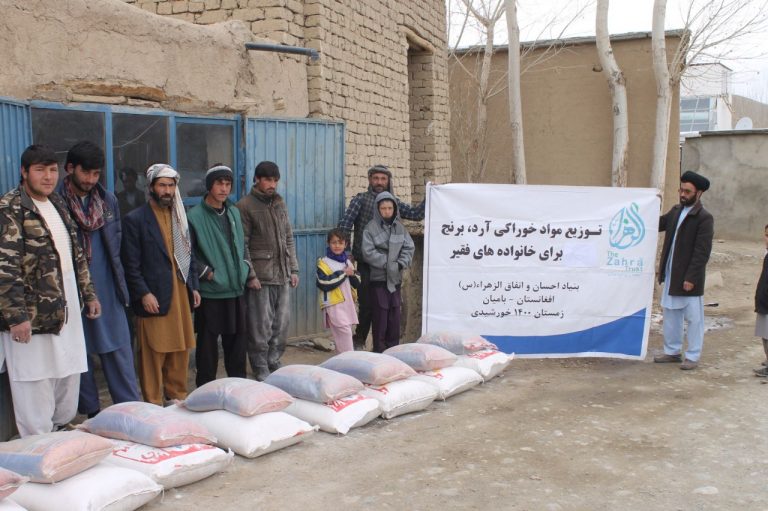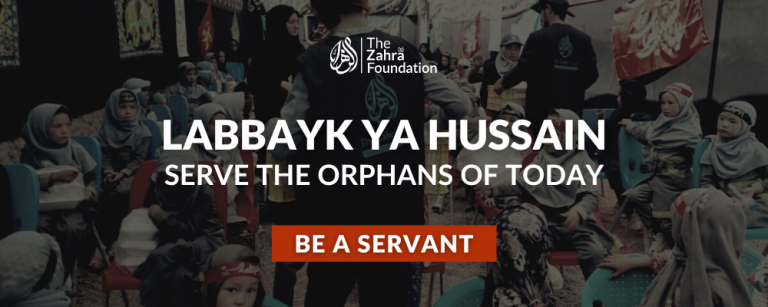Food Waste in Islam
In Islam, wasting food isn’t just wasteful, it’s spiritually harmful.
Prophet Muhammad (saww) showed deep respect for food, never letting a single morsel go to waste. The Quran warns against israaf, or excess, reminding us to live with balance and gratitude.
How we handle food is a reflection of our values.
What is Israaf?
Israaf (إسراف) means going to excess — wasting money, food, or any resource beyond what’s needed.
Islam considers it a serious sin and a sign of poor stewardship.
The Quran tells us in Surah al-An’am, “But do not act extravagantly (because) Allah (swt) does not love the extravagant.” (6:141)
Prophet Muhammad (saww) is also reported to have said, “There is nothing of good to be found in waste, and nothing of waste to be found in good.” (Bihar al-Anwar, v.75, p.303, n.6)
Food waste is a clear example of israaf — a harmful habit that disconnects us from our values and the struggles of the hungry.
US – Food Waste by the Numbers
According to Greenly, over one-third of all food produced is lost or wasted every year globally, which is around 2.5 billion tons.
According to RTS, in the United States, nearly 60 million tons of food are thrown away annually, around 40% of the national food supply.
This equals 130 billion meals and $218 billion in wasted value.
Back to School Campaign: Child Food Aid
A hungry child cannot learn. Our Child Food Aid program delivers hot, nutritious meals so students can focus on their education instead of their empty stomachs.
School meals improve nutrition, health, attendance, and learning outcomes, while also strengthening communities and local food systems.
Here’s how your gift can create an impact:
- One week of meal support: $35
- One month of meal support: $140
- Full term (3 months) of meal support: $420
You can change a child’s life by donating today.
Conclusion
In Islam, wasting food is more than bad manners — it’s a loss of blessings and a neglect of those in need. By avoiding israaf, we live our faith and help others.
Every plate saved from waste can mean a full plate for a hungry child. Through our Child Food Aid program, you can help provide hot, nutritious meals so students can focus on learning and building a brighter future.
Donate today and make a lasting difference.
FAQ
Israaf refers to wastefulness or excess. In the Quran, Allah (swt) warns against israaf and encourages moderation in all aspects of life, including food. Avoiding waste is a way to show gratitude for Allah’s (swt) blessings.
Food waste in schools means lost resources, missed opportunities to feed children in need, and a negative impact on the environment. It also undermines efforts to teach students about responsibility and compassion.
Hunger can make it harder for children to concentrate, learn, and perform well in school. By reducing food waste and providing meals to those in need, we can help improve attendance, focus, and overall academic outcomes.
Schools can introduce portion control, allow flexible mealtimes, run food-sharing programs, and educate students about the importance of avoiding waste. Involving parents and communities in these efforts can also make a big difference.
You can support initiatives like our Child Food Aid program by donating. Your contribution helps provide hot, nutritious meals for children in need, ensuring they have the energy to learn and thrive.











